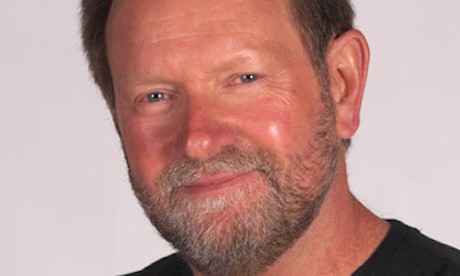Newly promoted minister Kiritapu Allan has said what a lot of people think but feel unable to say.
She lashed out in a tweet against “tokenistic” use of te reo by employees of DOC “as an attempt to show govt depts are culturally competent”. She told Stuff she encouraged the use of the Maori language, but wanted it used “with integrity”.
“You want to use te reo, you use it with integrity and use it responsibly,” Stuff quoted Allan as saying. “This isn’t a ‘everybody go out and use mahi and kaupapa’ and say you have a deep and enduring relationship with te ao Māori.”
Of course this shouldn’t apply only to DOC, where Allan was in charge before this week’s cabinet reshuffle resulted in her elevation to the justice portfolio. The same message could be directed at all government agencies where middle-class Pakeha public servants, eager to demonstrate their solidarity with the tangata whenua, indulge in an ostentatious display of virtue-signalling by using token Maori words and phrases. I wonder whether Radio New Zealand also got the memo.
Being Maori, Allan could get away with this rebuke. No Pakeha could; the cries of racism would be deafening. But to me it has always seemed patronising that many Pakeha liberals flaunt their cultural sensitivity with expressions such as “morena”, “nga mihi” and “doing the mahi” (the latter a term practically unknown in the Pakeha world until a couple of years ago).
If they were truly committed to the use of te reo, they would take the trouble to learn the language. I think that’s the point Allan was trying to make.
Many people do make the effort, of course, and good for them. The rest of us should stick to English, since it’s our lingua franca – the language everyone knows and understands. And the primary purpose of language, as Joe Bennett reminded us in a recent column for which he predictably got caned, is to communicate, not to signal cultural empathy or indulge in a form of verbal snobbery.
I like what I’ve seen of Allan. She’s Maori and lesbian, but she doesn’t appear to play the woke card and deserves better than to be dismissed as someone who got where she is simply by ticking fashionable diversity boxes.
She’s a former KFC employee who got a law degree – big ups for that, as they say – and who represents a real electorate (East Coast), so earned her seat in Parliament in the honest, old-fashioned way. She also impressed a lot of people with the gutsy, no-nonsense way in which she confronted a life-threatening cancer. And though I know we’re not supposed to judge books by their covers, she has an open, honest face. We now know she’s blunt too, a refreshing quality lacking in the majority of politicians on both sides of the House who prefer to play it safe.
I tested my opinion of Allan on Clive Bibby, a politically alert resident of her electorate. He largely confirmed my impression, saying that Allan had served the electorate well and National would have a hard job finding someone to stand against her (this from a retired Tolaga Bay farmer whose political inclinations are firmly to the centre-right).
Another good friend and long-term East Coast voter – again, not a natural Labour supporter – agreed that Allan was well-liked in the electorate. The fact that Gisborne’s population is 50 percent Maori probably helps, although her tribal roots (Ngati Ranginui and Tuwharetoa) lie outside the district.
Clive noted that Allan had resisted any temptation to serve as a flagbearer for the radical rainbow movement, which he thought was a smart tactic in conservative Gisborne. But he wasn’t sure that her impressive performance would be enough to save her in the event of the expected anti-Labour backlash in 2023, and he hoped she would secure a good position on the Labour list.
He thinks Allan is marked for higher office – a view shared by political commentator Tim Watkin, who speculated this week that she and Michael Wood, who were both promoted in the “minor” (ha!) reshuffle, might be a Labour leadership team of the future.
Wood strikes me as a bit too polished and smiley for comfort (I’m reminded of a politician from a former era of whom it was said, “Behind the thin veneer there’s a thin veneer”), but Allan has an aura of authenticity – an impression reinforced by her obvious exasperation with the virtue-signallers. If we must have Labour governments – and history suggests they’re the yin to National’s yang – then we could probably do worse.
Then again, maybe I’m so desperate for something to feel positive about that I’m reduced to searching for promising omens on the Left. Certainly the picture is pretty bleak everywhere else.
- Karl du Fresne has been in journalism for more than 50 years. He is now a freelance journalist and blogger living in the Wairarapa region of New Zealand.
- First published by Karl du Fresne. Republished with permission.
